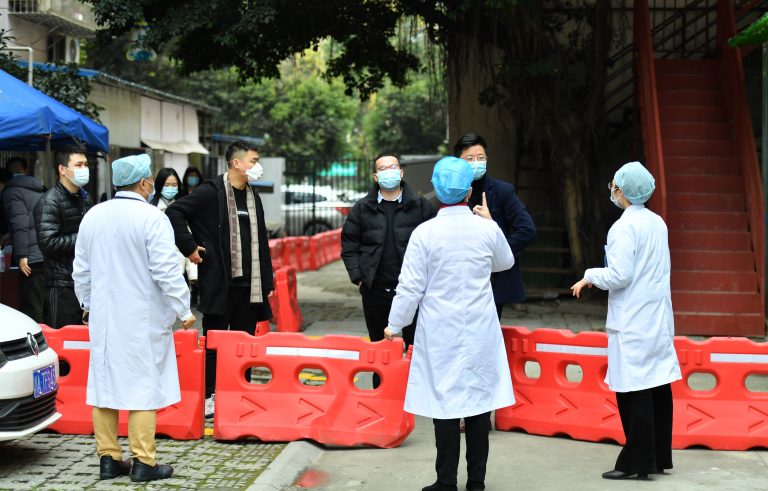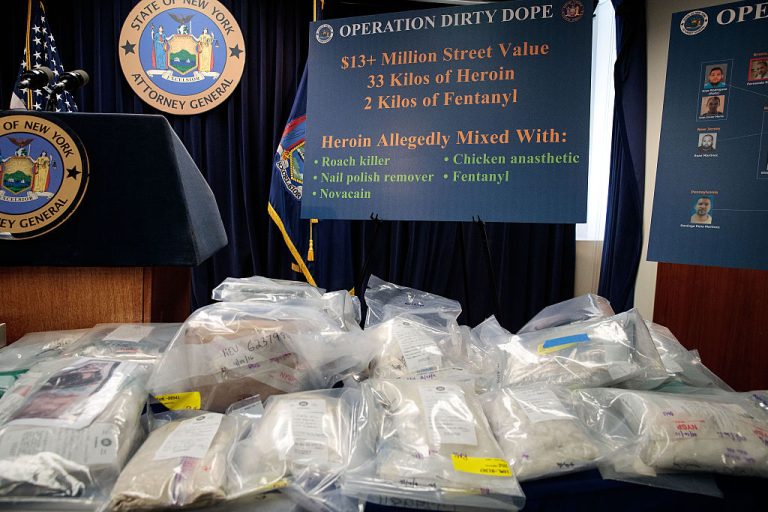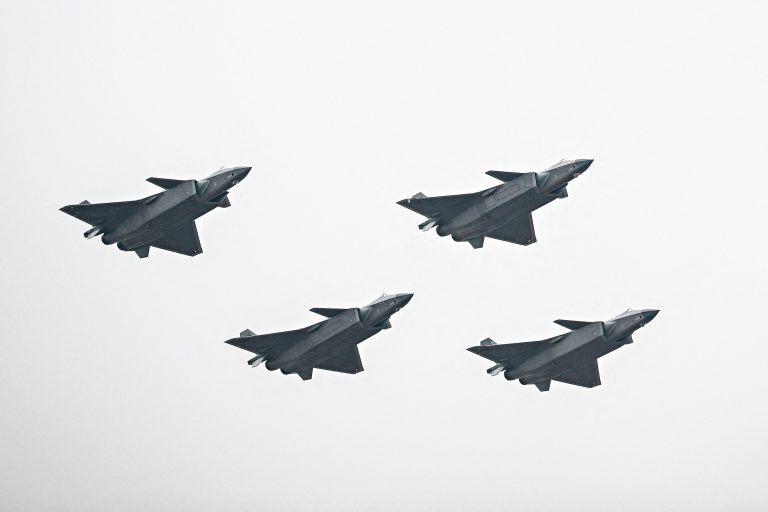China is once again hit with another wave of positive cases of Covid-19 as about 2,200 people who have been in close contact with infected patients are placed under quarantine for medical inspection.
As the virus begins to break out again, the nation has been mobilizing to combat the infections, particularly by vaccinating its youths.
Pandemic strikes Jingmen city
The city of Jingmen, which means “Gateway to Jingzhou” in Mandarin for that exact purpose in ancient times. Populated by around 400,000 residents, it is located in Hubei Province; 50 miles north of the larger city of Jingzhou and approximately 150 miles west of the city of Wuhan, which was the epicenter of the first SARS-CoV-2 coronavirus outbreak at the end of 2019. The city is also known for its cotton and oil plantations
According to health officials in the city of Jingmen, there have been 22 new infections (10 confirmed infected and 12 infected with no symptoms) on Aug. 9, bringing the total count to 30 cases since Aug. 4.
To curb the spreading further, the city’s metro authorities have halted 38 bus lines on the 10th of August; five of them being stopped in the morning. This is among many of China’s efforts to restrict its transportation systems from spreading across the nation, with cancellations of flights and rail lines being suspended in Beijing.
Success
You are now signed up for our newsletter
Success
Check your email to complete sign up
All patients have been sent to the hospital for treatment, but no one has been declared as “in serious condition” as of the 10th of August.
The source of the outbreak
According to Hubei’s health commission, the cases are linked “to migrant workers in Wuhan Dunkou project site of China Construction Third Bureau, who came in contact with a tour group from Huaian in East China’s Jiangsu Province at a railway station in Jingzhou.”
On Aug. 6, Hubei’s Disease Prevention and Control Center also reported that the Dunkou project site was connected to the most recent outbreak.
Hubei’s current outbreak is connected to a re-emergence of the virus across the nation, where a coronavirus cluster infection at the Nanjing Lukou International Airport has been identified by Chinese Communist Party authorities on July 20th as the source of the epidemic.
The same outbreak caused several large-scale events to be cancelled in Beijing; some of which included the third annual World 5G conference that was supposed to take place from 6th to 8th of August.
Children at risk
In July, health authorities centered in Jingmen declared that “they would start vaccinating children aged 12 to 17,” to curb the virus, as reported by The Guardian and Xinhua in July, with Xinhua adding that the elderly aged over 60 will also be treated in fellow Hubei city Jingzhou.
On the other hand, Reuters also reported that, based on Chinese “state media and local disease control officials”, Jingmen would begin vaccinating children aged 15-17, with those aged 12-14 in August, in the hopes that they will have all under these ages vaccinated by the end of October.
https://twitter.com/lunanweiyi/status/1423934392058236929?s=20
It is hoped that 70 percent of China’s target groups will be vaccinated by the end of the year, deputy director of the National Health Commission, Zeng Yixin, told Xinhua last month.
However, video and comments posted to social media have indicated widespread skepticism and fear of the Chinese vaccines. For example, a student in the city of Yangzhou reportedly collapsed and died at the scene after being vaccinated in early August, while a middle school girl in Meizhou, Guangdong Province, was seen collapsing outside an inoculation center.















